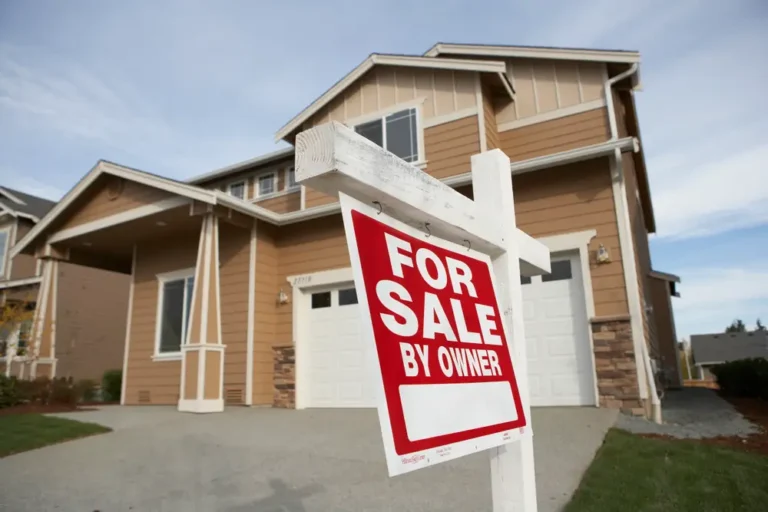Housing is now ‘impossibly unaffordable’ in these 4 cities — and they’re all in the same state

Fans of “Selling Sunset” know just how expensive property in California can be.
In fact, four of the 11 most unaffordable housing markets in the English-speaking world are in California — and seven are in the US and Canada, a new study has found.
San Jose, Los Angeles, San Francisco, and San Diego are all “impossibly unaffordable,” according to the 2024 Demographia International Housing Affordability report.
The median house price in San Jose last year was 11.9 times the gross median household income in that market, per the report published by the Frontier Centre for Public Policy, a Canadian think tank.
The median price-to-income ratio was 10.9 in Los Angeles, and not much lower in San Francisco (9.7) and San Diego (9.5). In other words, if the median household income was $100,000 in those markets, the median home cost more than $900,000 in the two most affordable locales, and almost $1.2 million in San Jose.
The researchers classified a ratio of 9 or higher as “impossibly unaffordable,” saying it was virtually unfeasible for a middle-income housing to raise enough financing to afford a typical home in the area. That level of unaffordability didn’t exist three decades ago, they noted.
The study analyzed housing affordability in 94 major markets across eight countries including the US, Canada, Australia, China, and the UK. Hong Kong (16.7) topped the ranking for a 13th time, followed by Sydney (13.3) and Vancouver (12.3), which have secured top-three spots in 15 and 16 of the last 16 years respectively.
Honolulu (10.5), Melbourne (9.8), Adelaide (9.7), and Toronto (9.3) rounded out the list of “impossibly unaffordable” markets.
Most affordable markets
At the other end of the spectrum, Pittsburgh (3.1) ranked as the most affordable US market, followed by Rochester (3.4), St. Louis (3.4), and Cleveland (3.5).
The report’s authors blamed the astounding lack of affordability in some markets on governments constraining housing supply.
“The crisis stems principally from land use policies that artificially restrict housing supply, driving up land prices and making homeownership unattainable for many,” they wrote.
They gave examples of policies designed to combat urban sprawl, such as greenbelts, boundaries, and densification. These can “severely constrict the land available for housing,” and “higher land values translate to dramatically higher house prices,” they added.
US housing has become especially unaffordable in recent years for other reasons. Unprecedented amounts of government spending during the pandemic, rock-bottom interest rates, and shortages caused by global supply chain disruptions drove inflation to a 40-year high of over 9% in 2022.
The Federal Reserve’s solution has been to raise interest rates to above 5%, which has driven mortgage rates up from below 3% to two-decade highs of about 7%. One consequence has been that homeowners who’ve locked in cheap mortgages don’t want to lose them by selling, contributing to an inventory shortfall that has pushed home prices even higher.
Affordability crisis
At the same time, many consumers have been hit by soaring food, fuel, and housing costs. They’re also paying more each month toward their credit cards, car loans, and other debts due to rate increases. That has crimped their ability to save and borrow at a time when home prices are near record highs, resulting in an affordability crisis.
Whether land use restrictions, monetary and fiscal policy, or reluctant sellers are most to blame for “impossibly unaffordable” housing markets, the dream of homeownership is clearly out of reach for many people.





